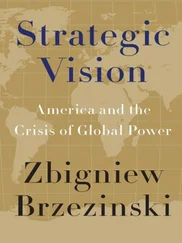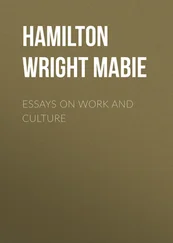We tend to overstate and to understate, to glorify the good and ignore the bad in ourselves. This is why the folks of Appalachia reacted strongly to an honest look at some of its most impoverished people. It’s why I worshipped the Blanton men, and it’s why I spent the first eighteen years of my life pretending that everything in the world was a problem except me.
The truth is hard, and the hardest truths for hill people are the ones they must tell about themselves. Jackson is undoubtedly full of the nicest people in the world; it is also full of drug addicts and at least one man who can find the time to make eight children but can’t find the time to support them. It is unquestionably beautiful, but its beauty is obscured by the environmental waste and loose trash that scatters the countryside. Its people are hardworking, except of course for the many food stamp recipients who show little interest in honest work. Jackson, like the Blanton men, is full of contradictions.
Things have gotten so bad that last summer, after my cousin Mike buried his mother, his thoughts turned immediately to selling her house. “I can’t live here, and I can’t leave it untended,” he said. “The drug addicts will ransack it.” Jackson has always been poor, but it was never a place where a man feared leaving his mother’s home alone. The place I call home has taken a worrisome turn.
If there is any temptation to judge these problems as the narrow concern of backwoods hollers, a glimpse at my own life reveals that Jackson’s plight has gone mainstream. Thanks to the massive migration from the poorer regions of Appalachia to places like Ohio, Michigan, Indiana, Pennsylvania, and Illinois, hillbilly values spread widely along with hillbilly people. Indeed, Kentucky transplants and their children are so prominent in Middletown, Ohio (where I grew up), that as kids we derisively called it “Middletucky.”
My grandparents uprooted themselves from the real Kentucky and relocated to Middletucky in search of a better life, and in some ways they found it. In other ways, they never really escaped. The drug addiction that plagues Jackson has afflicted their older daughter for her entire adult life. Mountain Dew mouth may be especially bad in Jackson, but my grandparents fought it in Middletown, too: I was nine months old the first time Mamaw saw my mother put Pepsi in my bottle. Virtuous fathers are in short supply in Jackson, but they are equally scarce in the lives of my grandparents’ grandchildren. People have struggled to get out of Jackson for decades; now they struggle to escape Middletown.
If the problems start in Jackson, it is not entirely clear where they end. What I realized many years ago, watching that funeral procession with Mamaw, is that I am a hill person. So is much of America’s white working class. And we hill people aren’t doing very well.
Конец ознакомительного фрагмента.
Текст предоставлен ООО «ЛитРес».
Прочитайте эту книгу целиком, купив полную легальную версию на ЛитРес.
Безопасно оплатить книгу можно банковской картой Visa, MasterCard, Maestro, со счета мобильного телефона, с платежного терминала, в салоне МТС или Связной, через PayPal, WebMoney, Яндекс.Деньги, QIWI Кошелек, бонусными картами или другим удобным Вам способом.












